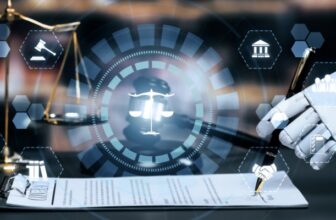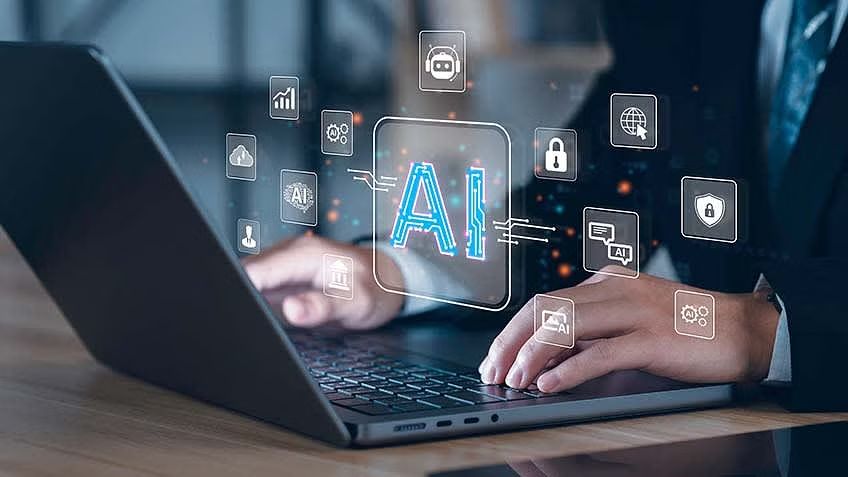
The marketing industry’s demand for faster campaign turnarounds continues to grow. Clients expect high-quality, data-driven campaigns delivered at unprecedented speeds, while deadlines become increasingly tight. Traditional methods, where teams manually produce content, optimize advertisements, and analyze performance, are insufficient. Agencies are under constant pressure to meet deadlines without compromising creativity and effectiveness. AI tools like Elsa provide a necessary solution, allowing agencies to accelerate workflows and maintain high standards without compromising quality.
Table of Contents
The Challenges of Manual Marketing Processes
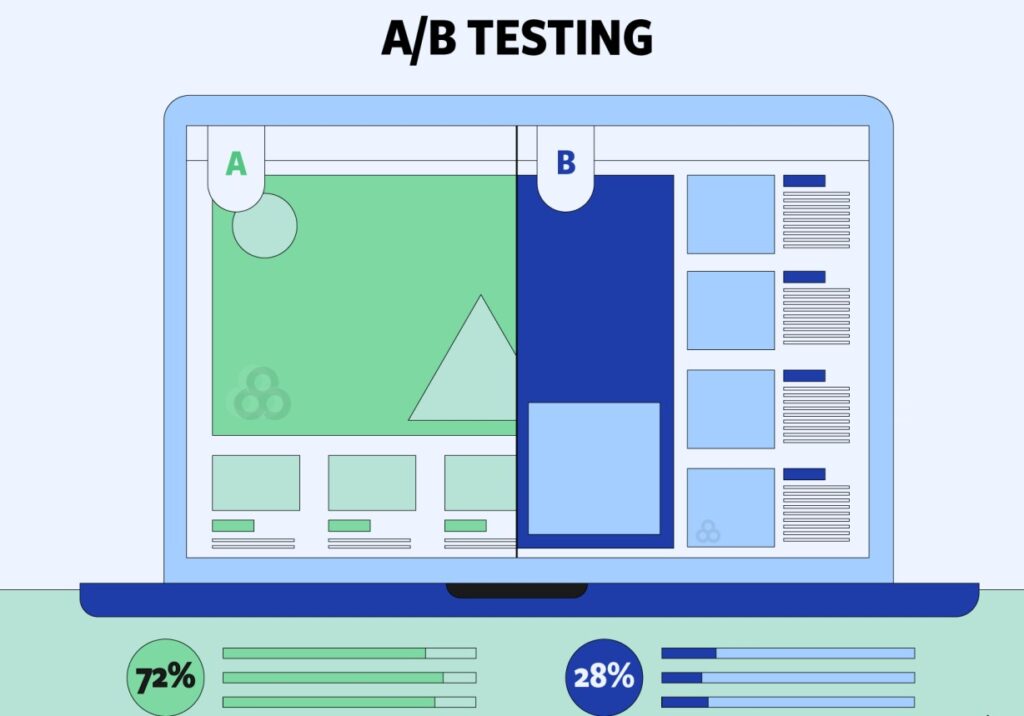
Source: omniconvert.com
Manual processes often fail under pressure due to the extensive time required for content creation, the inefficiency of traditional A/B testing, the overwhelming nature of data analysis, and increasing client demands. Crafting blog posts, social media content, or ad creatives manually involves lengthy brainstorming, writing, editing, and approval processes that slow down production.
Running A/B tests without AI assistance often results in wasted resources, as agencies take longer to identify successful variations. Manually sifting through performance reports to optimize campaigns is time-consuming and prone to errors, while the growing number of platforms, ad formats, and audience segments makes manual campaign management unsustainable. Agencies that continue relying on these outdated processes risk either missing deadlines or delivering subpar work, both of which can damage their reputation and profitability.
How AI Streamlines Marketing Workflows
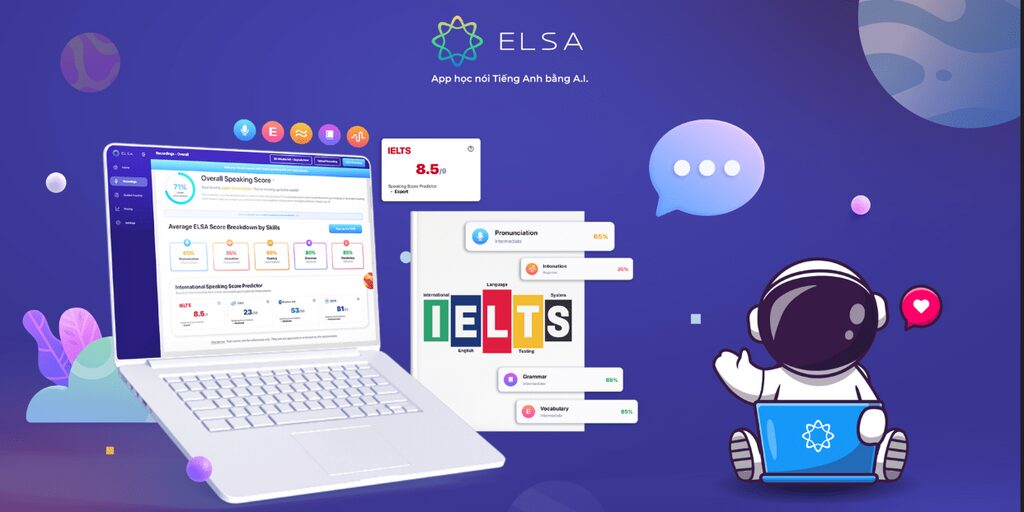
Source: sadesign.ai
AI tools like Elsa streamline workflows by automating time-consuming tasks, freeing marketing professionals to focus on strategy and creativity. One of the primary benefits is AI-generated content, which enables teams to produce social media posts, blog content, ad copy, and email sequences within minutes. This reduces the time previously spent on content production, allowing agencies to launch campaigns faster and scale more efficiently. Additionally, AI-powered audience targeting leverages behavioral data, purchase history, and engagement patterns to create precise audience segments, eliminating guesswork and increasing conversion rates.
By continuously running real-time A/B tests, AI tools identify effective campaign elements quickly and adjust them accordingly, reducing wasted resources and improving return on investment. Automated reporting and analytics consolidate performance data from multiple platforms, providing instant insights without the need for manual analysis, a process that would otherwise take hours.
The Impact of AI on Agency Performance
Agencies that integrate AI into their workflows achieve significant improvements in efficiency, profitability, and client satisfaction. A boutique agency that previously struggled to scale successfully increased output by tripling the number of campaigns launched without hiring additional staff. This was made possible by reducing content creation time by seventy percent and taking on forty percent more clients. A performance marketing firm, which relied heavily on manual testing, managed to cut campaign optimization time in half by implementing AI-driven A/B testing and automation.
The faster identification of successful ad creatives led to a thirty percent reduction in wasted ad spend, helping them meet client key performance indicators ahead of schedule. Another agency dealing with increasing client demands and an overburdened team saw significant improvements in workflow efficiency after adopting AI. Client satisfaction scores improved by forty percent, team workload was reduced by fifty percent, and missed deadlines were eliminated altogether.
How Agencies Can Successfully Implement AI

Source: forbes.com
For agencies seeking to integrate AI, the first step involves identifying bottlenecks in their workflows. Common areas where AI can provide immediate benefits include content creation, audience targeting, and data analysis. Agencies that find themselves spending excessive time producing content, struggling with audience segmentation, or dedicating hours to compiling campaign reports should prioritize AI adoption in these areas. Beginning with a single AI tool allows agencies to test the impact of automation on specific tasks. For example, using AI for blog writing, ad copy, or social media posts—such as leveraging the best AI ad generator – can significantly cut production time. Automated A/B testing ensures that campaigns are optimized in real time, while AI-driven reporting generates immediate insights that eliminate the need for manual data processing.
Once the benefits of AI integration become evident, agencies can scale their use of AI across all aspects of campaign management. AI-generated personalized email sequences enhance client engagement, AI-powered chatbots handle customer communication efficiently, and automated audience analysis ensures optimal targeting strategies. As agencies incorporate AI into their processes, they gain a competitive advantage by delivering faster, more effective campaigns while reducing operational costs. Agencies that adapt to AI-driven solutions position themselves as industry leaders, capable of meeting growing client expectations without sacrificing quality.
The Future of AI in Marketing Agencies
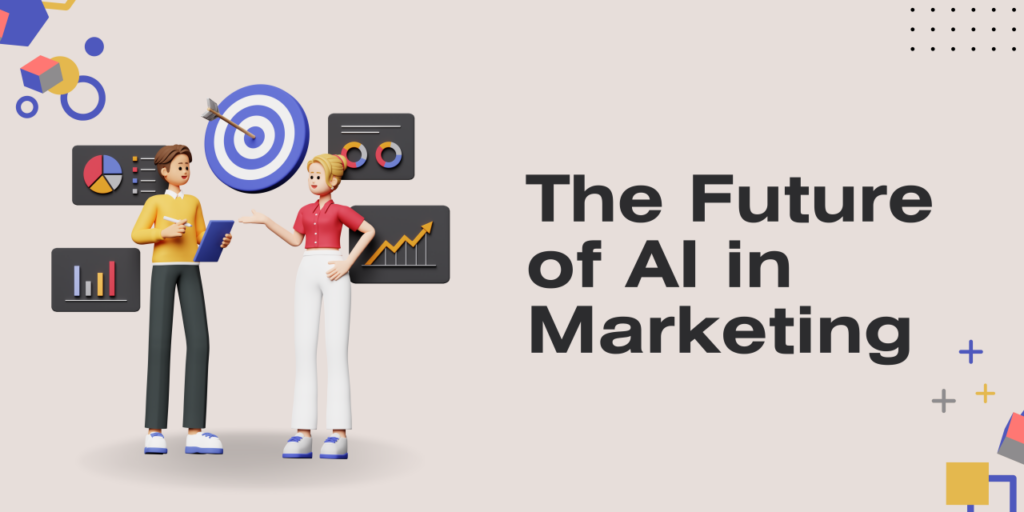
Source: linkedin.com
The reality of the marketing industry is that deadlines will continue to shrink, and client demands will only increase. Agencies that embrace AI will thrive, while those that ignore it will struggle to keep up. AI-powered tools like Elsa are no longer a luxury but a necessity for agencies looking to sustain growth, improve efficiency, and maintain a competitive edge. By integrating AI into their operations, agencies can ensure they consistently deliver high-quality campaigns on time, achieve better results, and scale successfully in an increasingly demanding industry.
As AI technology continues to evolve, it will become even more sophisticated, offering deeper insights and more automation capabilities. Agencies that invest in AI today will be better prepared for the future, gaining a long-term advantage over competitors who hesitate to adapt. The shift towards AI-driven marketing is not just about efficiency—it’s about transforming the way agencies operate, making them more agile, responsive, and innovative. AI allows marketing professionals to focus on creative and strategic tasks, leaving repetitive, time-consuming work to automation tools.
By leveraging AI-powered solutions, agencies can not only keep up with industry demands but also redefine what is possible in digital marketing. The future of agency success lies in integrating AI effectively, ensuring that deadlines are met, quality is maintained, and innovation becomes a standard practice rather than an exception.






